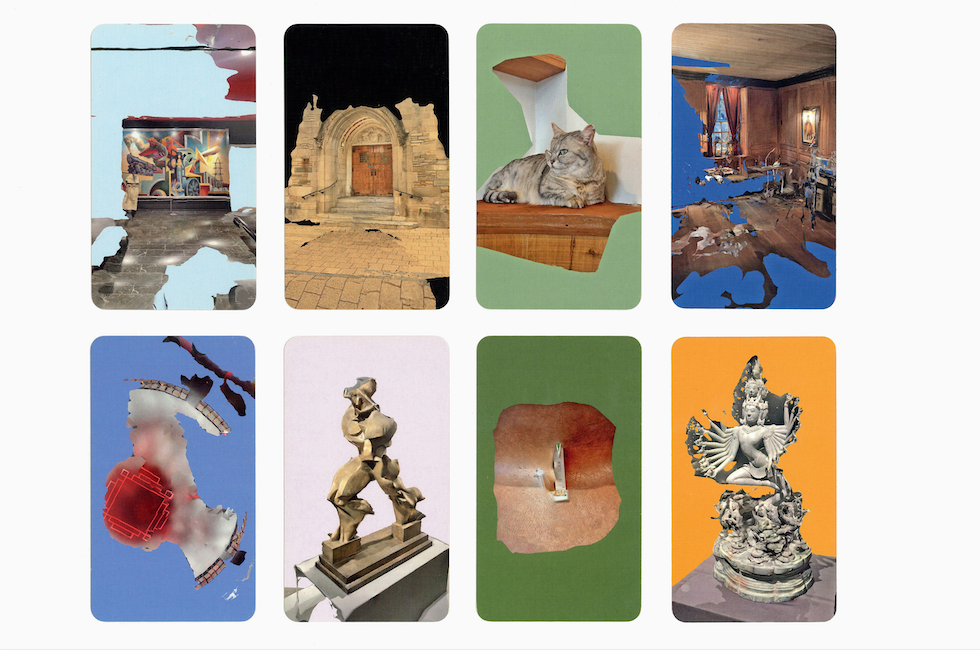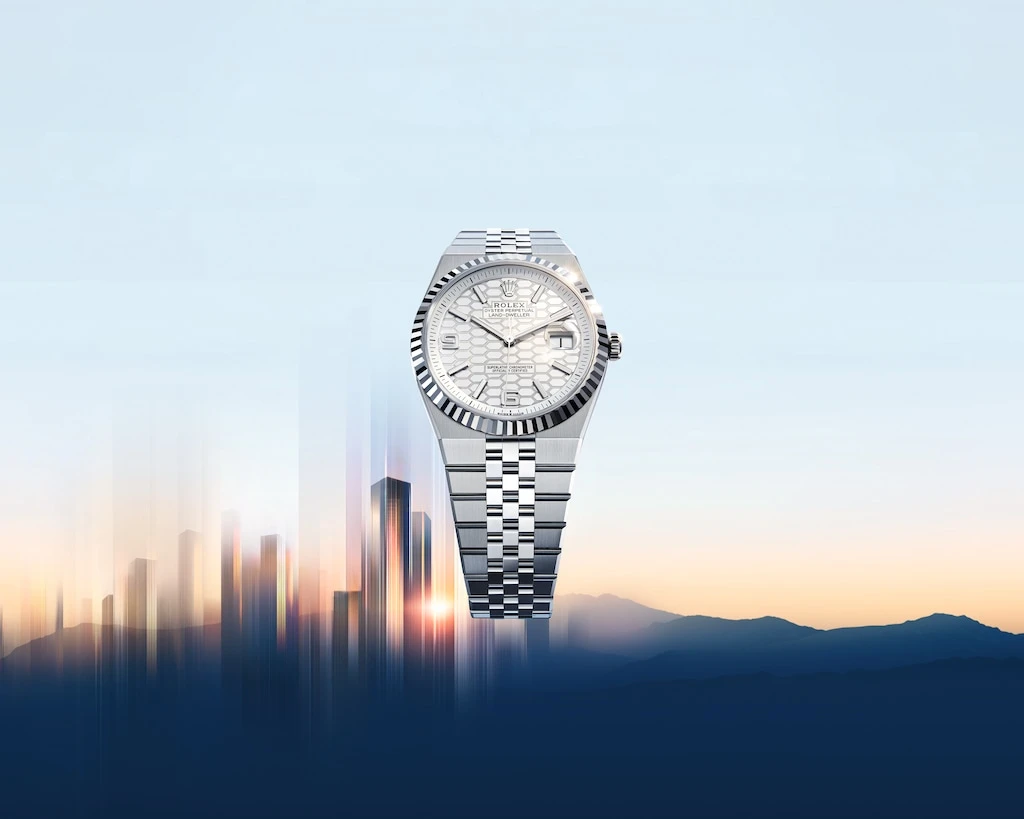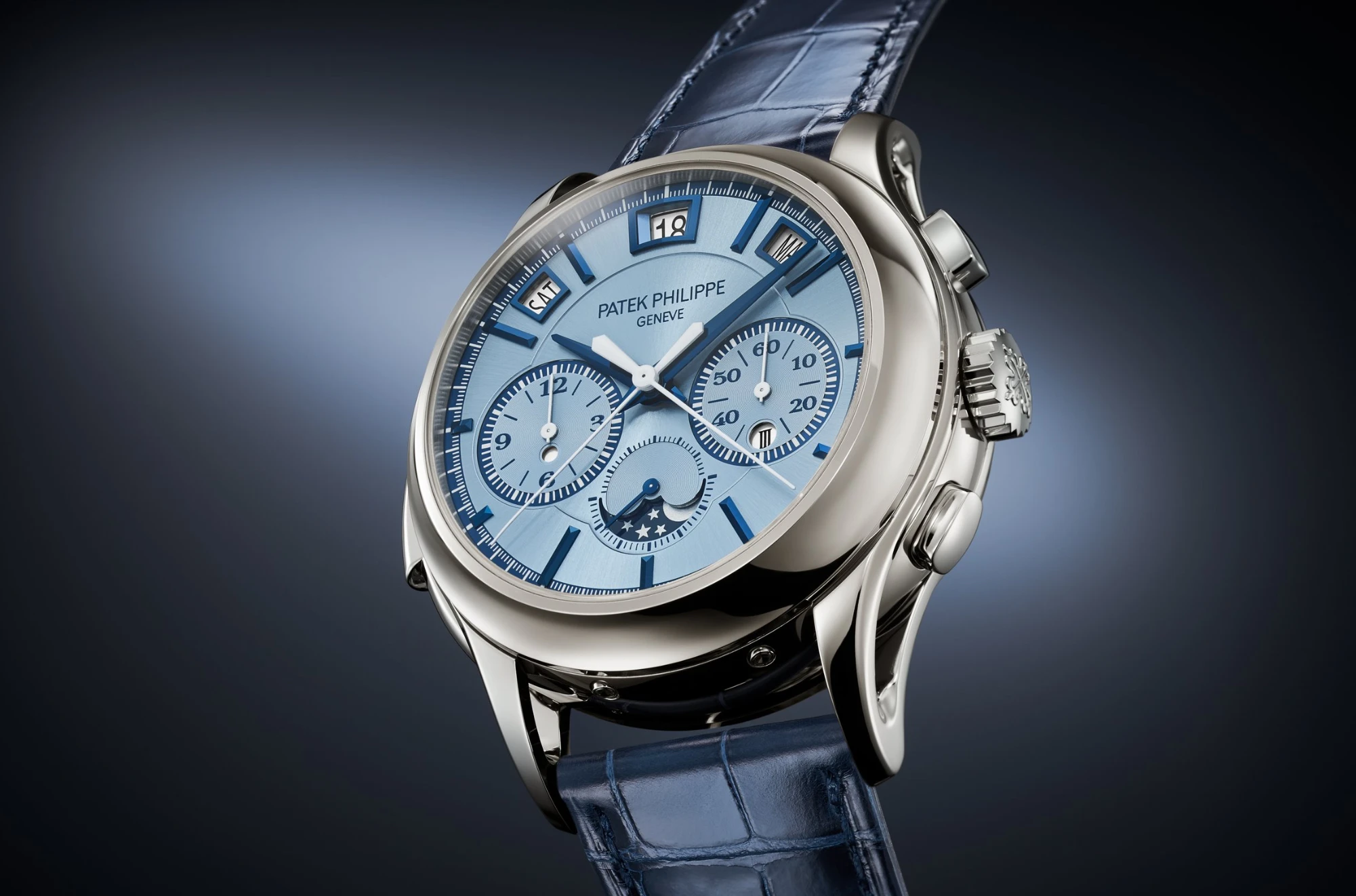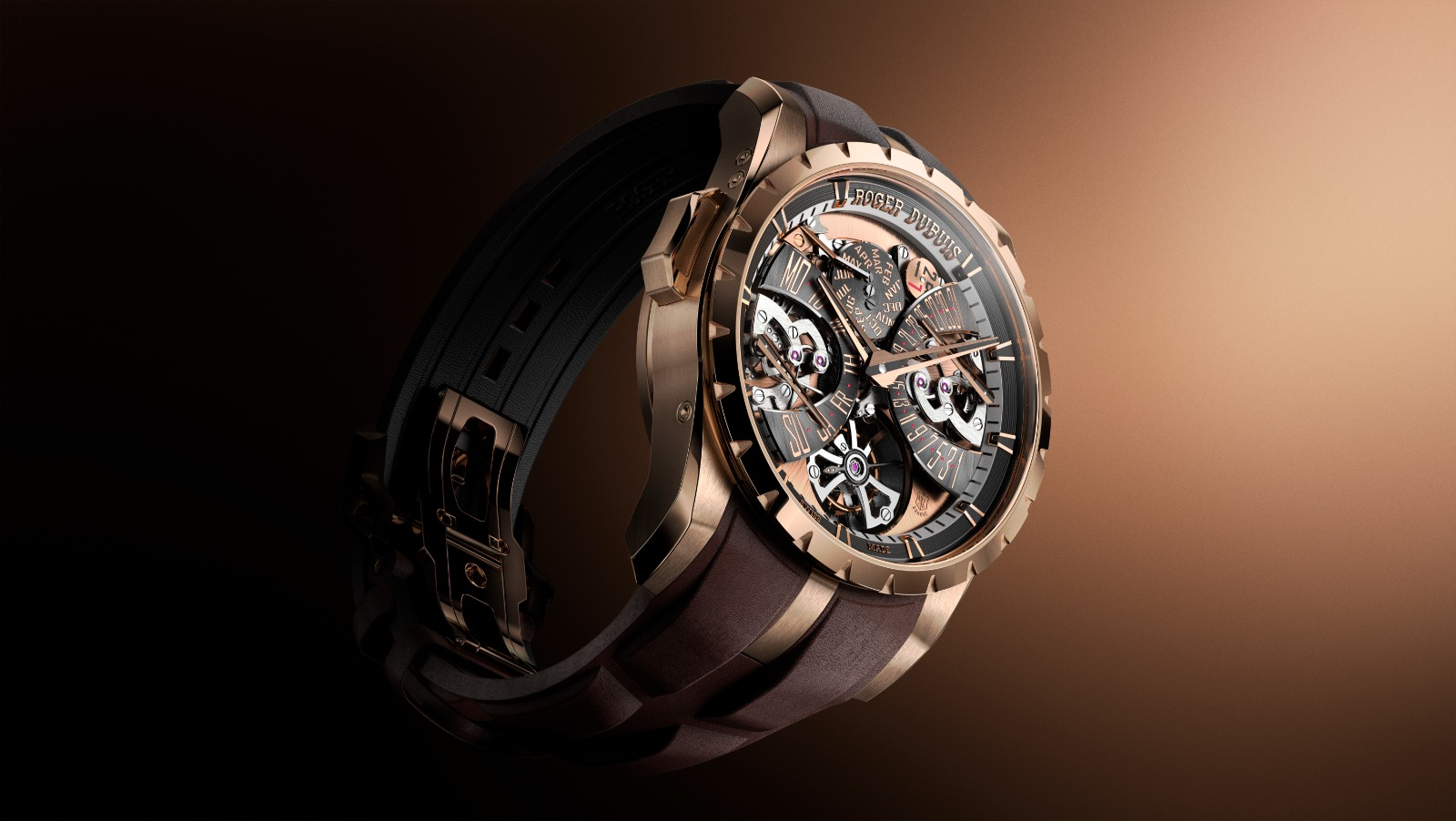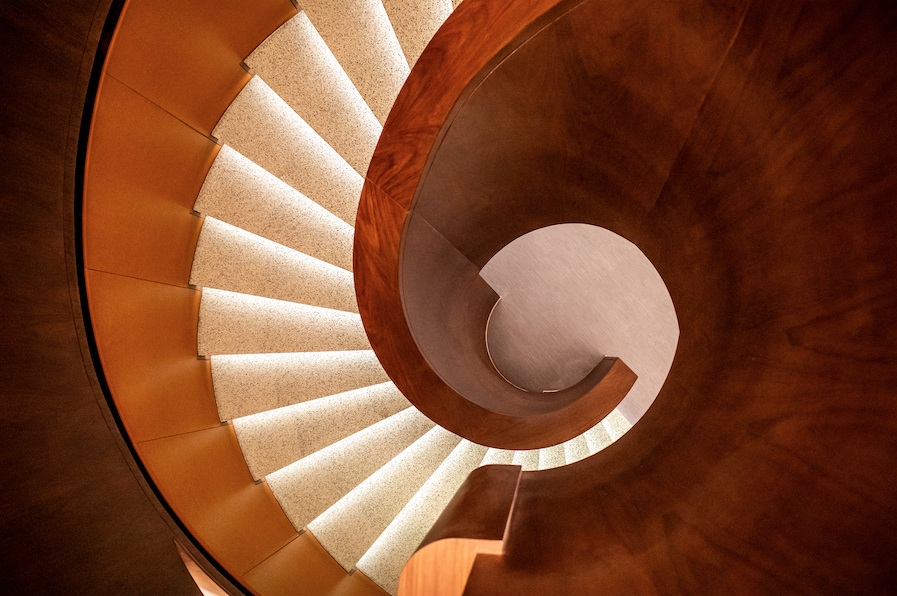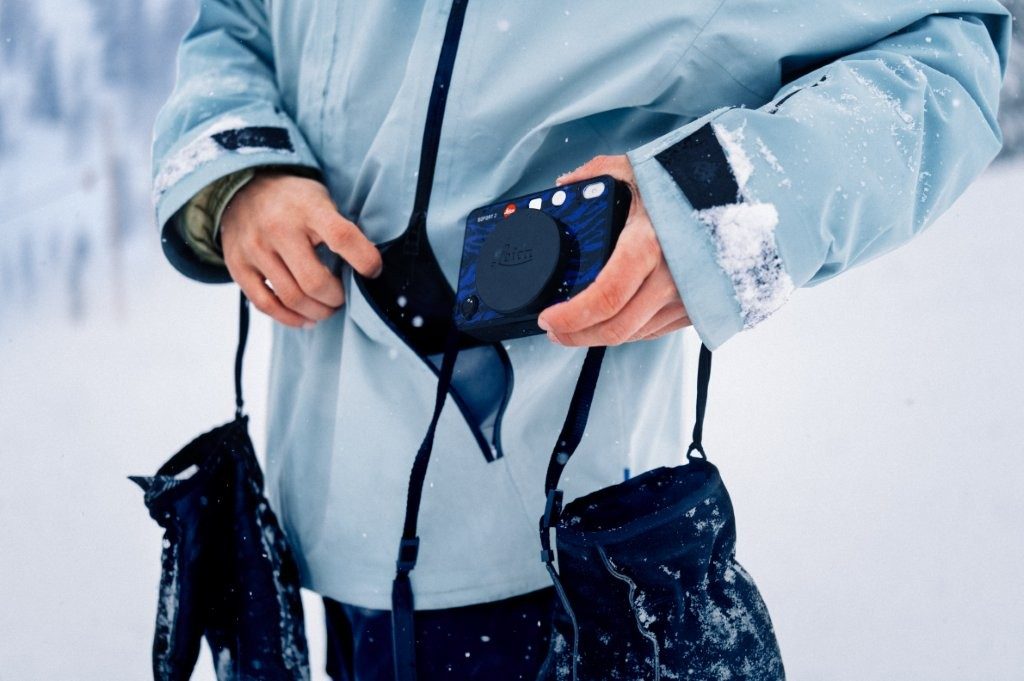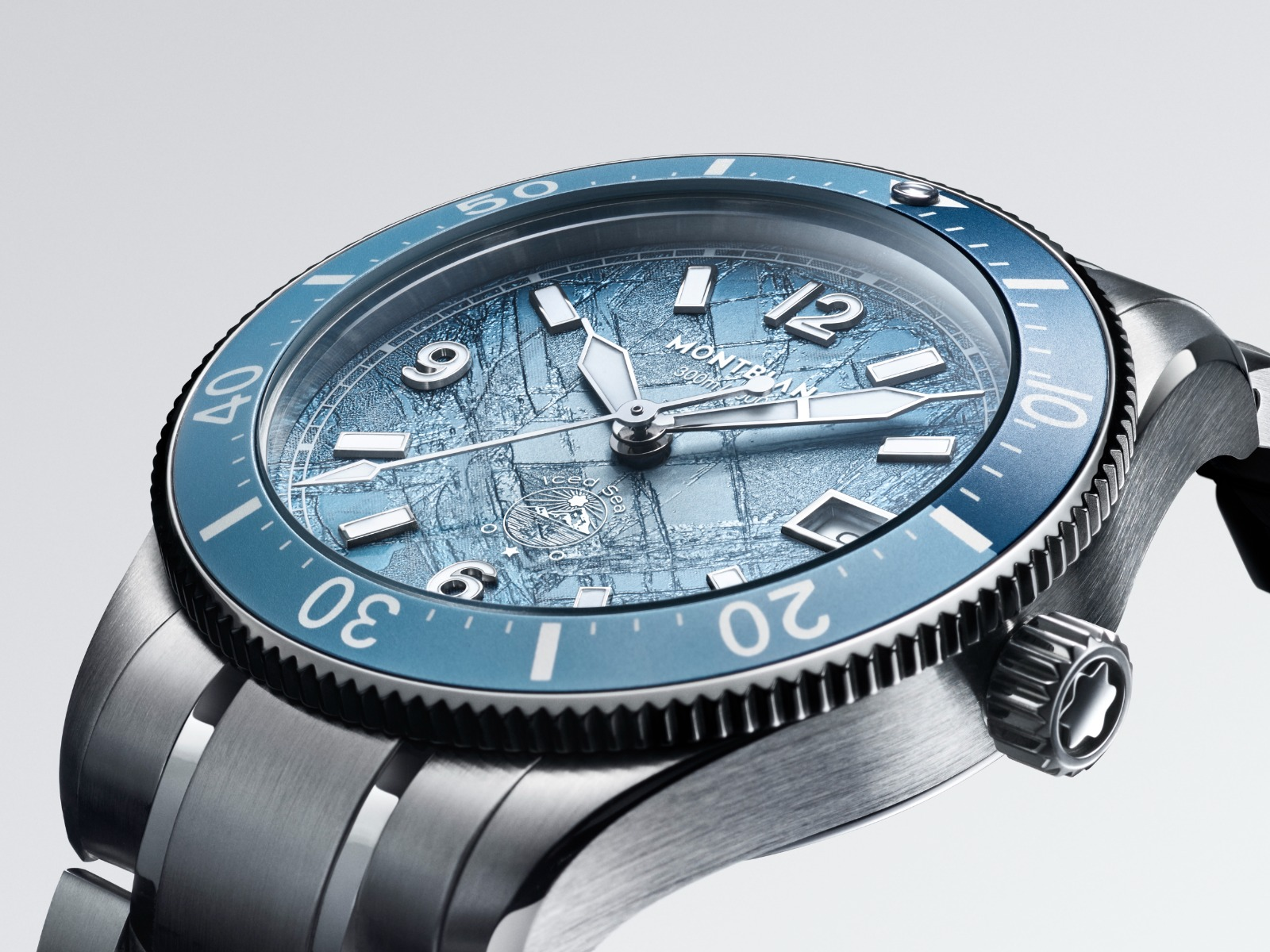Cartier brings mysterious movements back to the forefront
Jan 10, 2018
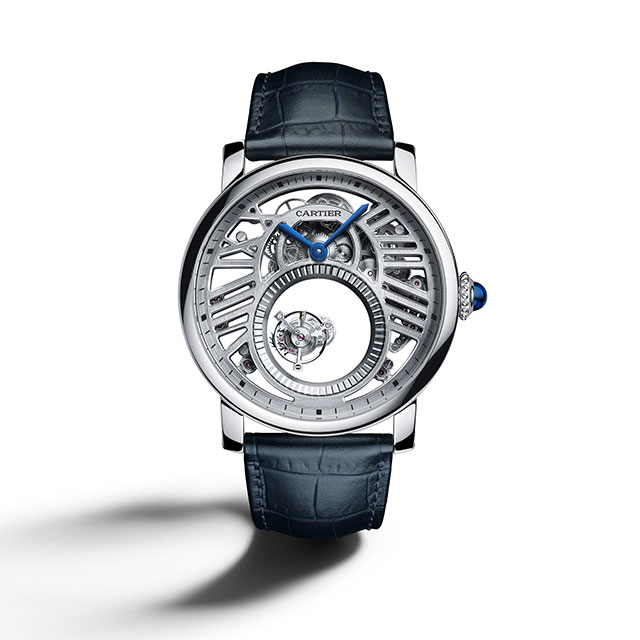
While Cartier took 2017 to delve into more affordable classics like the Panthère de Cartier collection and the Drive de Cartier collection, this year, it’s all about its fine watchmaking collections.
New additions to the Rotonde de Cartier collection will explore the house’s signature mysterious movement. The Cartier mysterious movement was born in 1912 from a collaboration between Louis Cartier and watchmaker Maurice Coüet, whose first mystery clock, known as Model A, was inspired by the clocks of famous illusionist and father of modern magic, Jean-Eugène Robert-Houdin.
The Mysterious Double Tourbillon watch is a sight to behold, with the double tourbillon appearing to suspend in mid-air with no connection to the rest of the movement. It completes its rotation every 60 seconds, and the tourbillon cage makes a second rotation which completes itself in 5 minutes. The movement is further skeletonised in the shape of Roman numerals that enhance the lightness of the watch. Cased in 45mm platinum, the watch is powered by the calibre 9465 MC, and is certified Poinçon de Genève.
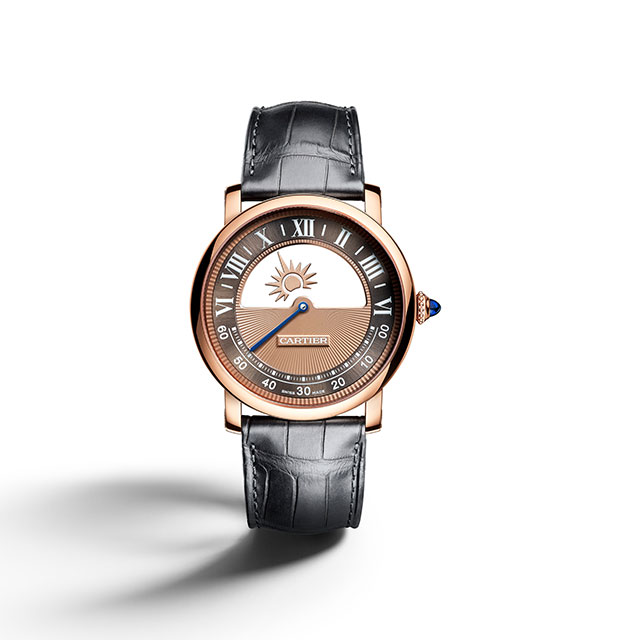
The second novelty is the Mysterious Day & Night watch, which brings together for the first time the mysterious movement and a day/night indicator. On the dial, the sun icon is driven from left to right by the mysterious movement, appearing to levitate on the top half of the dial, while retrograde minutes are shown on the bottom half of the dial with a blued steel sword-shaped hand. This watch is powered by the calibre 9982 MC and has a power reserve of 48 hours.
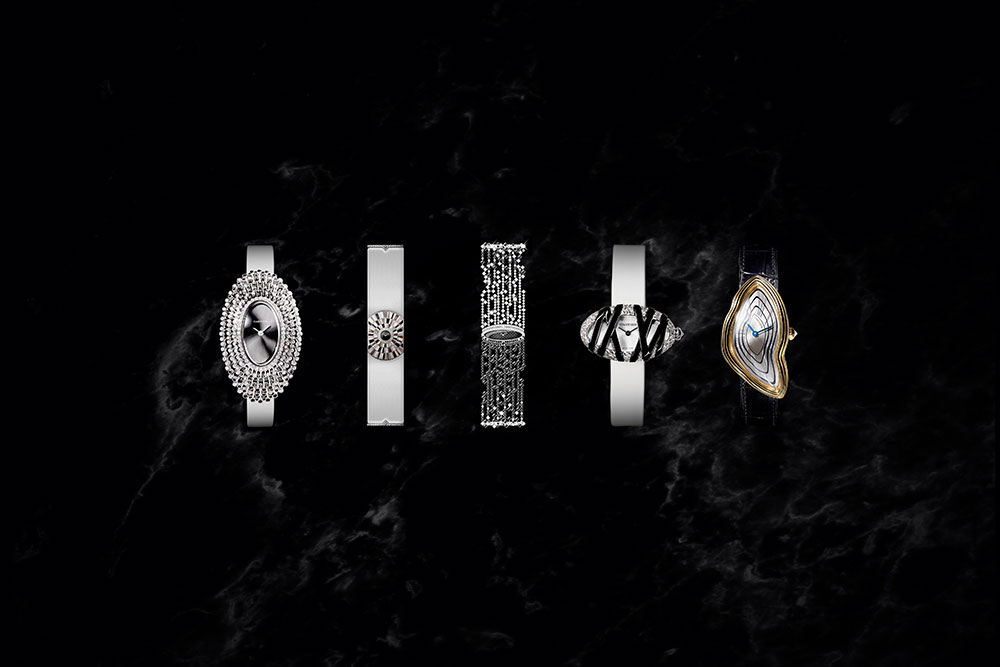
Cartier also plays with transformations this year with the debut of the new Libre collection. The five women watches feature case shapes that are all distortions of the common oval, and are hitherto unseen shapes that echo the Baignoire and Crash watches.
We’ll see more of the watches in person at SIHH, so be sure to check our Instagram for more next week! You can also read more of our latest SIHH 2018 stories here.
This article was updated on January 26





